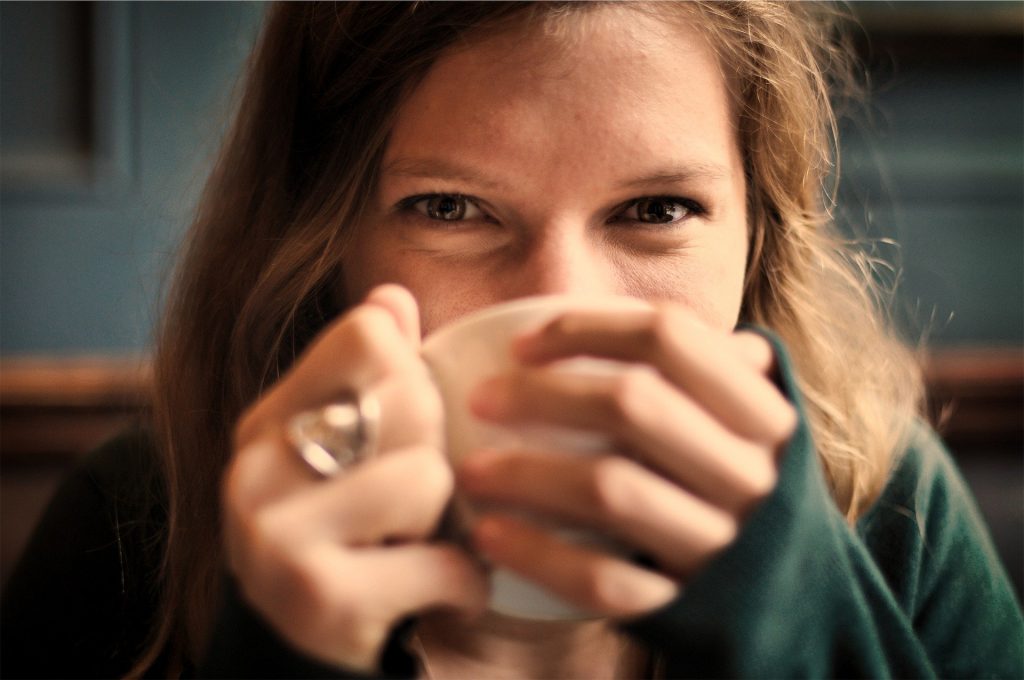‘No safe level of caffeine consumption’ for pregnant women

WOMEN who are pregnant or trying for a baby should consider avoiding caffeine completely due to evidence suggesting there is no safe level of consumption, researchers have said.
An analysis of observational studies published in BMJ Evidence-Based Medicine found evidence to suggest maternal caffeine consumption was associated with negative pregnancy outcomes.
The widespread existing advice to pregnant women is consuming a small amount of caffeine, found naturally in food and drinks such as tea and coffee, each day will not harm their baby.
The NHS, the American College of Obstetricians and Gynaecologists and the European Food Safety Authority set this safe level of consumption at 200 mg of caffeine – the equivalent of roughly two cups of moderate-strength coffee per day.
But Professor Jack James, a psychologist at Iceland’s Reykjavik University, said such advice was “not consistent with the level of threat”.
His analysis concluded there was “substantial cumulative evidence” of a link between maternal caffeine consumption and diverse negative pregnancy outcomes such as miscarriages and childhood obesity.
The review found evidence for a link in five out of six negative pregnancy outcomes, excluding preterm birth.
Daghni Rajasingham, a consultant obstetrician and spokesperson for the Royal College of Obstetricians and Gynaecologists, said the study added to the large body of evidence supporting only limited caffeine intake during pregnancy, but did not mean pregnant women needed to completely cut out caffeine.









